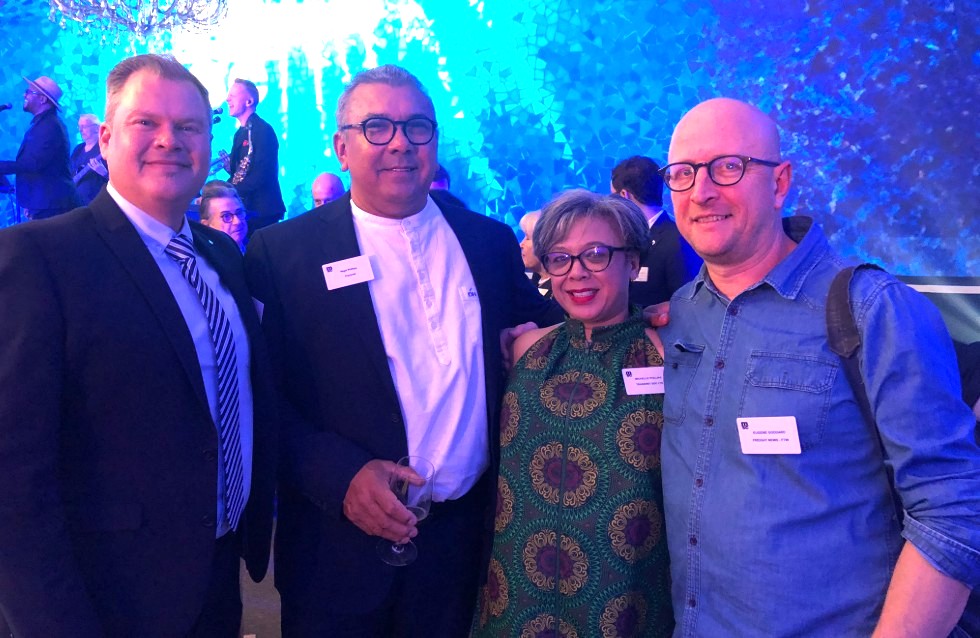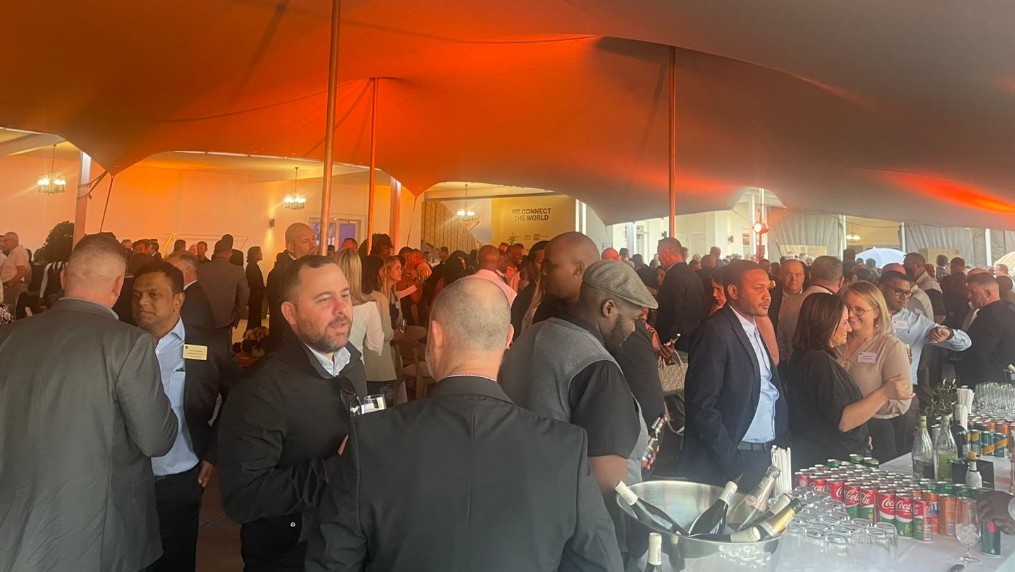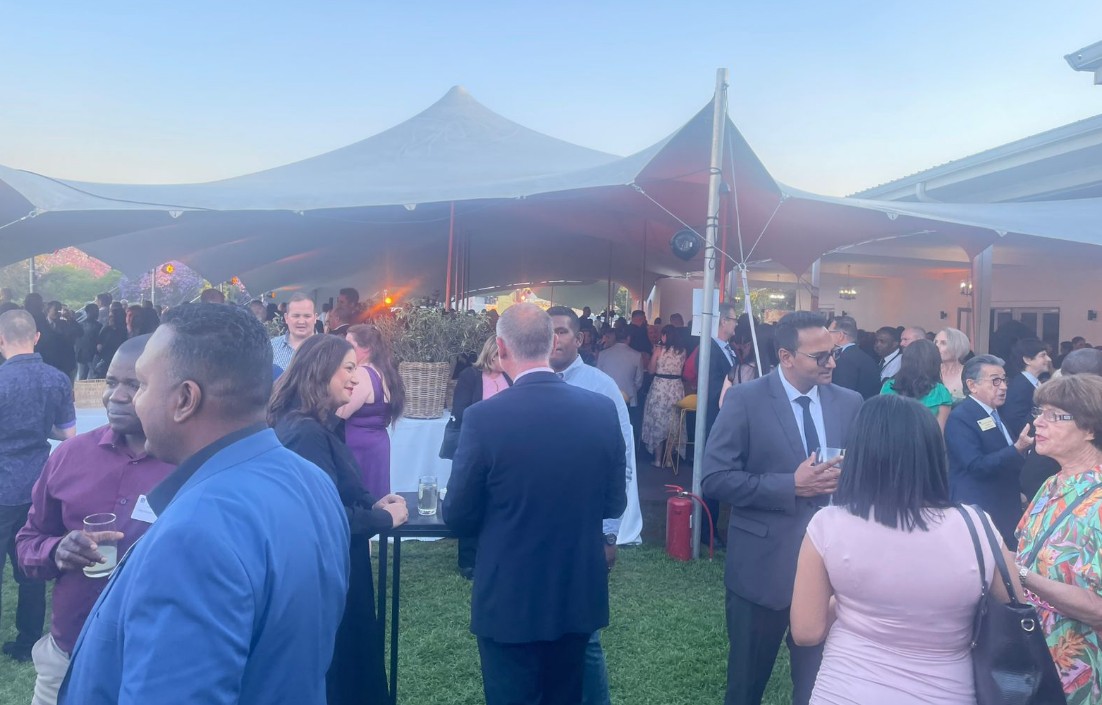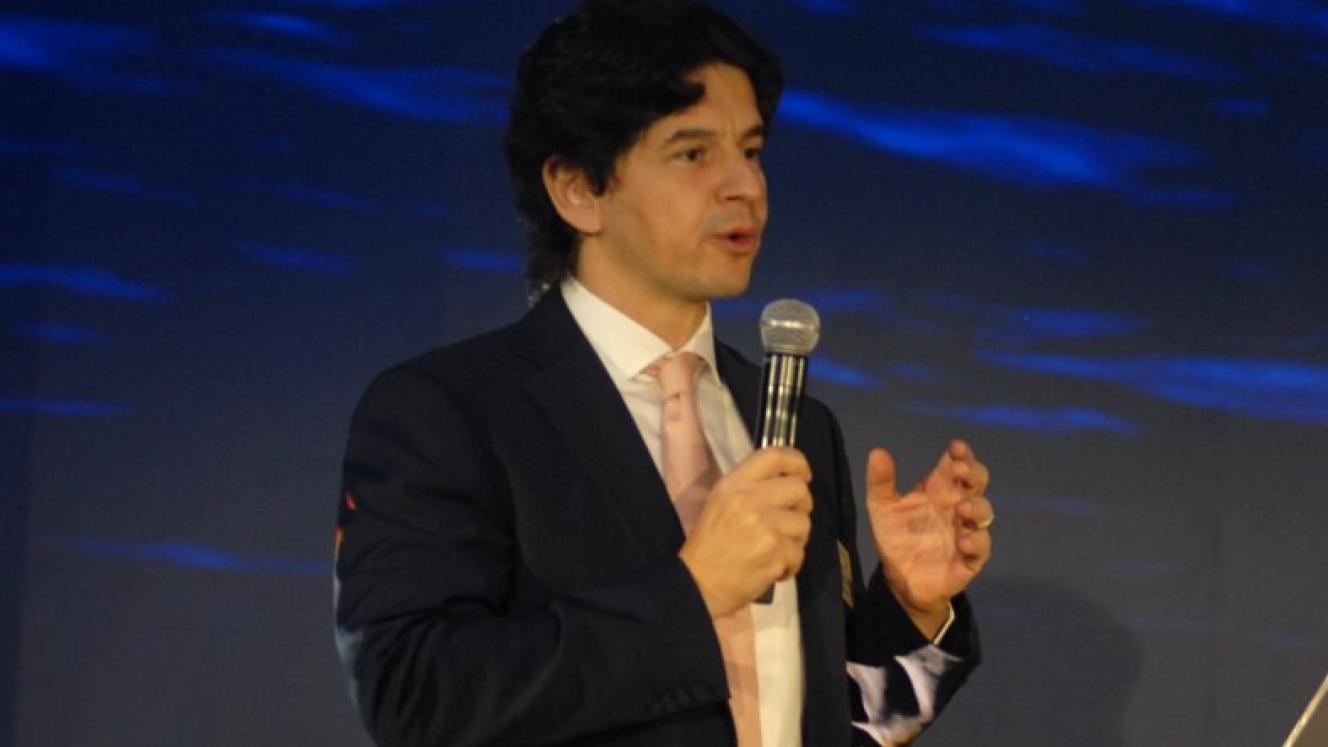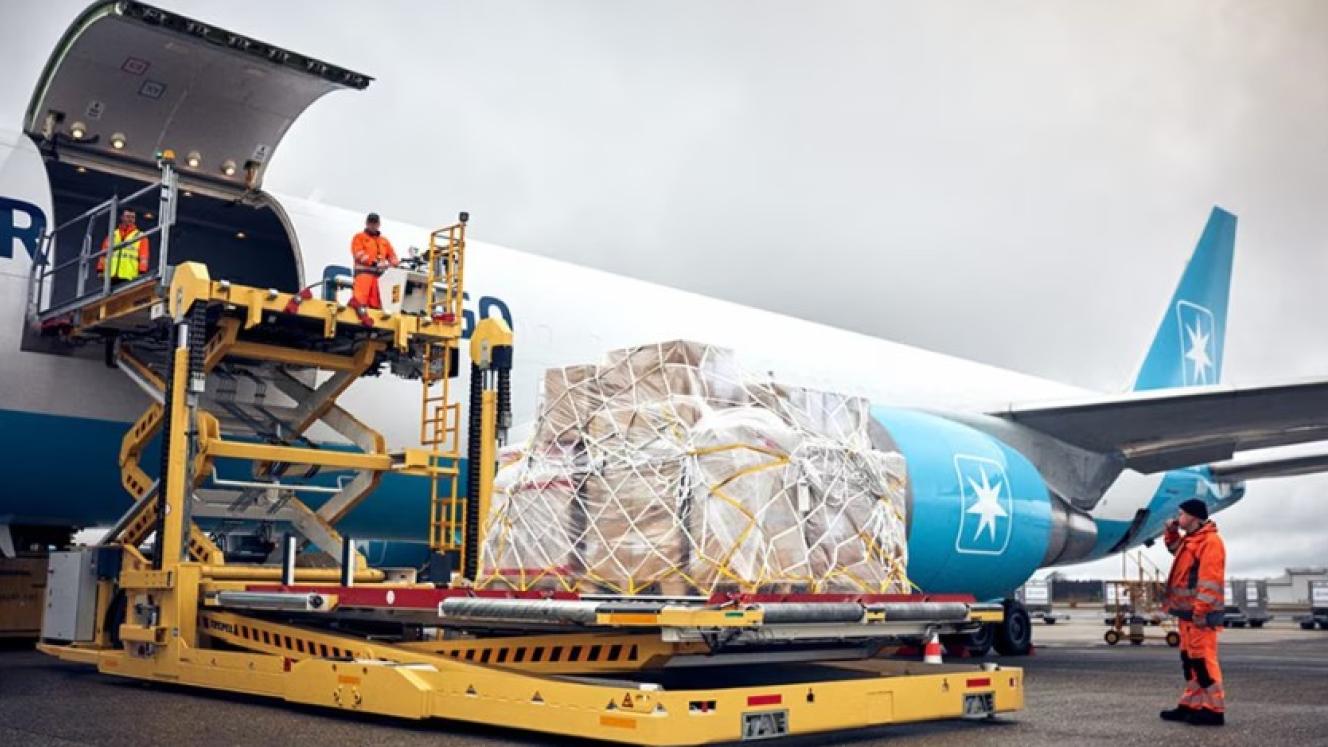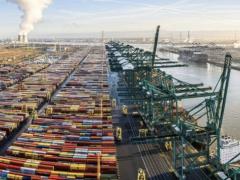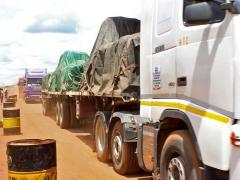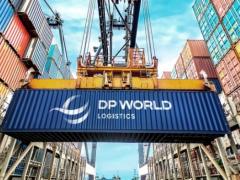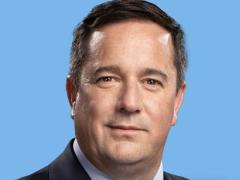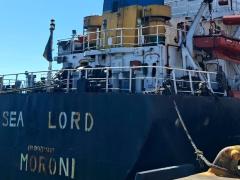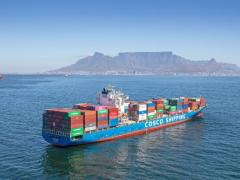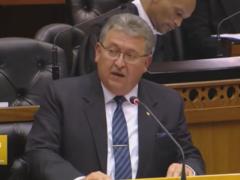There was more criticism forthcoming for the World Bank’s data analysis of South African ports and their performance at Thursday night’s annual industry celebration held by Mediterranean Shipping Company in Sandton.
Referring to the most recent Container Port Performance Index (CPPI), the line’s managing director for South Africa, Rosario Sarno, said the country’s ports were functioning very well.
This has also been reflected by the South African Association of Freight Forwarders (Saaff) and Business Unity SA through weekly Cargo Movement Updates.
In response to the latest CPPI, Saaff stated that the country’s ports had challenges that were unique and that region-specific dynamics ought to be fairly assessed as opposed to being subjected to metrics that applied to all ports across the board.
The same sentiment has also been expressed by Lance Pullan of Linernet, which tracks ocean freight throughput through its data platform, Trade Sight.
More recently Freight News columnist Captain Ian Rosario said it simply didn’t make sense to compare ports like Durban with Berbera, where volumes handled were widely divergent.
It’s only logical that one of the least busy ports on the East African coastline will show favourable container handling and low vessel idling compared to southern Africa’s biggest port.
Back to Sarno’s speech.
Reiterating last year’s stated sentiments that Transnet chief executive Michelle Phillips was making significant strides at the logistics utility, he once again lauded her for the progress that has also been reported by Saaff, Busa and Linernet.
“We have seen improvement in efficiency and productivity, and new equipment has come in.”
This, he said, on the back of four new ship-to-shore cranes commissioned at the Port of Durban by transport minister Barbara Creecy, earlier this week.
This is part of a R4 billion acquisition drive going into 2026. Sarno said Phillips “is delivering on promises”.
Earlier he said that although it had been “a very strange year due to global and local politics”, the country overall was showing grit and determination.
MSC’s chairman for South Africa, Salvatore Sarno, said the carrier remained committed to making a lasting contribution to the country’s port and related logistics network.
He said R2.7bn had been set aside for investment in infrastructure and upgrade work, which should add a further 700 job opportunities, in addition to the 2037 people already employed by MSC South Africa.
No doubt a focus area of MSC’s investment in multimodal logistics is the national container corridor rail freight line linking Durban with Gauteng, a key part of Transnet’s current open-access network initiative for third-party slot operations.
Added to this, said Sarno Snr, was revitalising a vessel maintenance and repair hub at the country’s biggest port.

